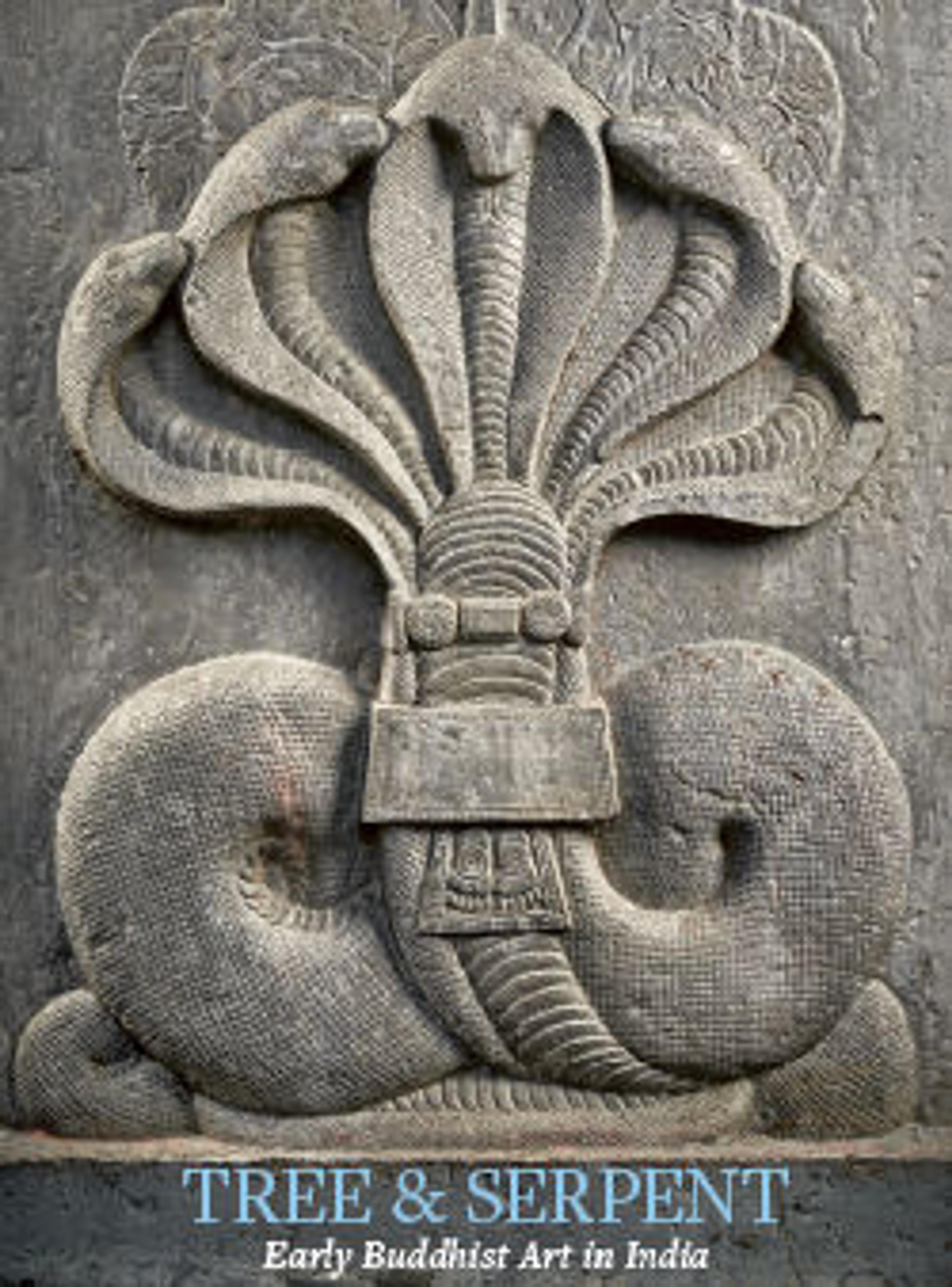Buddha
Figurative representations of the Buddha emerged in southern India as the preoccupation with serial narration in stupa panels shifted to the veneration of the icon. This coalesced in the third century CE under the energetic patronage of the Ikshvaku dynasty, as witnessed by this freestanding sculpture. Using the deeply fluted garment to dramatize the figure’s gesture while precisely mirroring how the robe envelopes the body, by being drawn taut against the leg and hip and across the torso to the opposite shoulder before cascading from the raised arm to the ankles. Although still positioned frontally, the icon’s fully sculpted backs confirm that it was intended to be viewed in the round. Most of these figures have been discovered in the semicircular brick shrines for which they were made, placed in the apse to allow circumambulation by devotees.
Artwork Details
- Title: Buddha
- Period: Ikshvaku period (ca. 225–ca. 320)
- Date: 3rd century CE
- Culture: India, Andhra Pradesh
- Medium: Limestone
- Dimensions: H. 30 in. (76.2 cm); W. 11 in. (27.9 cm); D. 4 1/2 in. (11.4 cm)
- Classification: Sculpture
- Credit Line: Purchase, The Vincent Astor Foundation Gift, Brooke Russell Astor Bequest, The Miriam and Ira D. Wallach Foundation Fund; Fernando Family Trust Gift, in honor of Dr. Quintus and Mrs. Wimala Fernando; Vijay K. Anand, M.D., Nanda Anand, Maya Anand, and Rohit Anand, and The Estate of Mamdouha Bobst Gifts, 2016
- Object Number: 2016.700
- Curatorial Department: Asian Art
More Artwork
Research Resources
The Met provides unparalleled resources for research and welcomes an international community of students and scholars. The Met's Open Access API is where creators and researchers can connect to the The Met collection. Open Access data and public domain images are available for unrestricted commercial and noncommercial use without permission or fee.
To request images under copyright and other restrictions, please use this Image Request form.
Feedback
We continue to research and examine historical and cultural context for objects in The Met collection. If you have comments or questions about this object record, please contact us using the form below. The Museum looks forward to receiving your comments.
